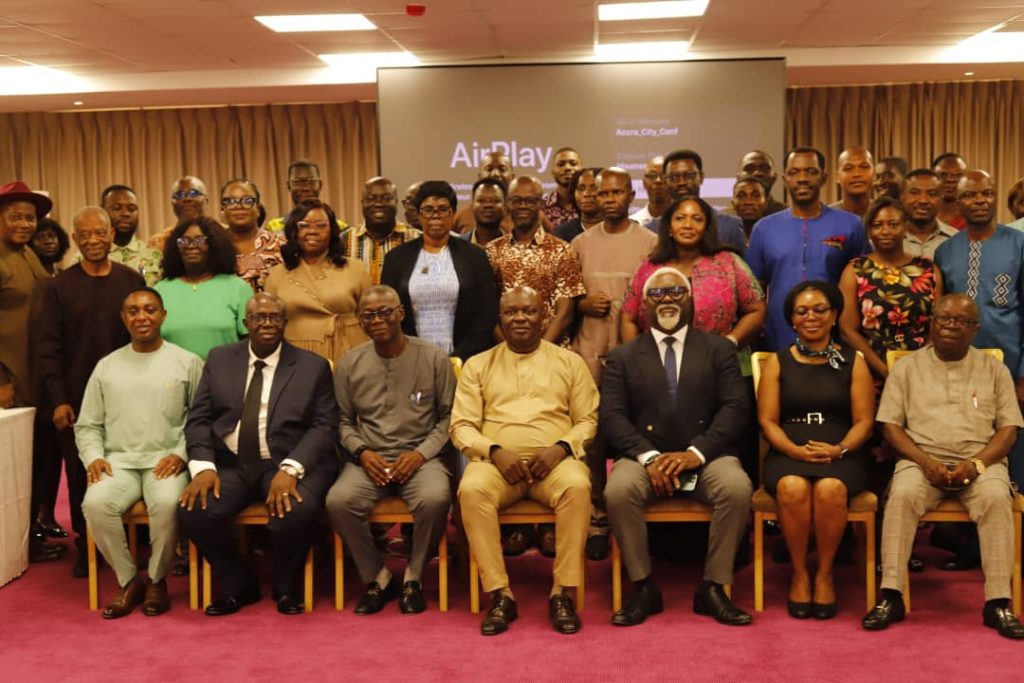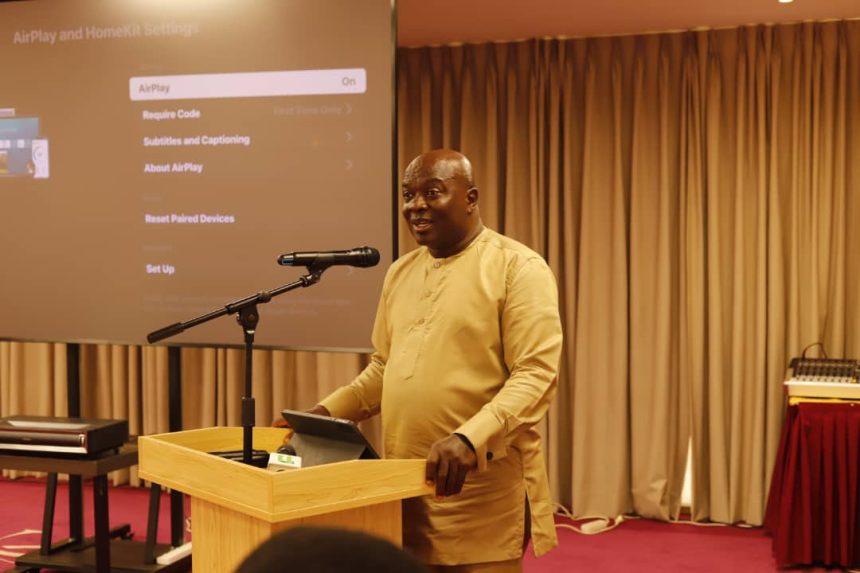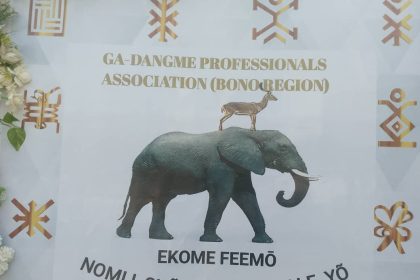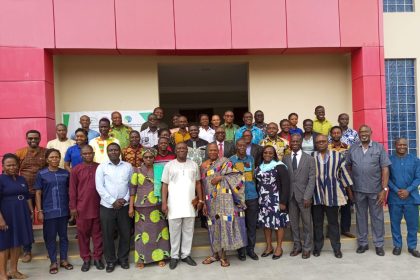The Ghana Publishers Association (GPA) has held its 48th annual general meeting with a call on the Ministries of Education and Culture to initiate urgent dialogue to help shape the African regional publishing landscape.
The meeting was on the theme, “Policy as a Catalyst: Transforming Ghana’s Publishing Ecosystem for National Development.”
Mr Asare Konadu Yamoah, the President of GPA who made the call said the dialogue would help Ghana to seize the opportunities offered by the African Continental Free Trade Area (AfCFTA) to establish a Continental Book Fair.
He said at a recent Inter-African Trade Fair, the Algerian edition hosted a roundtable with the African Publishers Network (APNET) on establishing a Continental Book Fair, and the AfCFTA introduced processes to incorporate publishing into the Fair.
Mr Yamoah stated, “We need a shared commitment – publishers, allied sectors, and policymakers – working together to develop a comprehensive national publishing policy that offers clear direction and tangible incentives.”
He recalled that between 1997 and 2002, stakeholders collaborated with government to develop the National Textbook Development and Distribution Policy (TDDP), followed by a National Book Development Policy under the Ghana Book Development Council.
He said, “These were milestones, but today, the TDDP is no longer relied upon, and fragmented policies have diluted our impact. Let us synchronize existing policies and make them relevant, purposeful, and future-facing.”
“To my fellow publishers, let us become policy advocates. Let us raise our collective voice to highlight the transformative power of publishing. Let us transform our ecosystem – not just for publishers, but for every Ghanaian child who deserves to see themselves in the pages of a book,” he stated.
The President concluded saying “Let us advocate policies that will be the catalyst for our growth, our expansion, and our legacy.”
Mr Edmond Moukala, Head of Office and Representative of UNESCO to Ghana in a keynote address read on his behalf said the theme for the meeting was most timely and profound, and that strong coherent policies were levers for transformation.
He said in Ghana the national book policy, the national reading policy, and the textbook procurement policy form a foundation for a modern resilient publishing sector capable of diving national growth.
Mr Moukala also noted that effective policy created enabling environment where talents, innovation, and investment can flourish.
“Globally, the publishing industry contribution is significant. In the UK books and journals add about 7.8 billion pounds to the economy, and support 70,000 jobs.
“Across Africa the sector represents about 5.4 per cent of global publishing revenue. An opportunity that could grow to 18.5 billion dollars with some reforms, according to our own research that Ghana participated in,” he stated.
Mr Moukala said, “Ghana’s participation in UNESCO’s 2013 Culture Indicators Project would provide a guide to this growth and we hope that the information that would come out would help the publishing industry to be able to collect data year after year to know what is actually happening in the sector.”
Mr Haruna Iddrisu, the Minister of Education in a speech read on his behalf commended the GPA for its tireless efforts in promoting the book industry and literacy in Ghana while recognising its crucial role in developing educational materials that shape the minds of learners.
He said the Ministry of Education would be working closely with stakeholders in the book industry to develop policies and programmes that would support the growth of the sector
Adding that it would also continue to collaborate with the GPA to create an enabling environment that promoted the development of the Ghanaian book industry.
He said, “We at the Ministry associate ourselves with your chosen theme, ‘Policy as a Catalyst: Transforming Ghana’s Publishing Ecosystem for National Development,’ as it sits very well with his Excellency President John Dramani Mahama’s Resetting Agenda.

“As we strive to build a prosperous and knowledgeable society our publishing industry plays a vital role in shaping the minds of our citizens and preserving our culture heritage.
“Honestly the publishing industry is a powerful tool for promoting literacy, education and cultural exchange. It provides a platform for actors to share their ideas, creativity, and perspectives, contributing to the development of a vibrant and informed citizens,” the Minister stated.
“We therefore need a collaborative effort of all stakeholders including government, authors, publishers, and readers to transform our publishing ecosystems by embracing digital technologies, provide training and support for publishers, authors and industry professionals to develop their skills and expertise.”
Justice Dennis Dominic Adjei, a Judge of the Supreme Court called on all stakeholders in the publishing industry to unite as a team to produce books, journals, magazines, and other publications to help eradicate illiteracy and promote national development.
Professor Yaw Nyadu Offei, Audiologist, University of Education, Winneba, and the chairman of the occasion, said the theme speaks to the understanding that strong publication policies were critical engines that drove creativity, innovation, and sustainability in publishing.
He said, “in the knowledge driven world the publishing industry is not just about producing books. It goes beyond that. Indeed, is about shaping minds, preserving culture, fuelling education, fuelling research, with the aim to power national development.”
Prof Offei urged publishing industry players to be mindful that policies were not mere documents meant for the shelves, but instruments that transmit capable empower to local initiatives, strengthening intellectual property rights, giving access to knowledge, and learning materials to help Ghana’s publishing industry to take its rightful place both locally and internationally.
“So, let us all inspire action, form partnerships, and let us advocate thorough thinking policies that would eventually convert our ecosystem into a true pillar of national development.”
GNA






